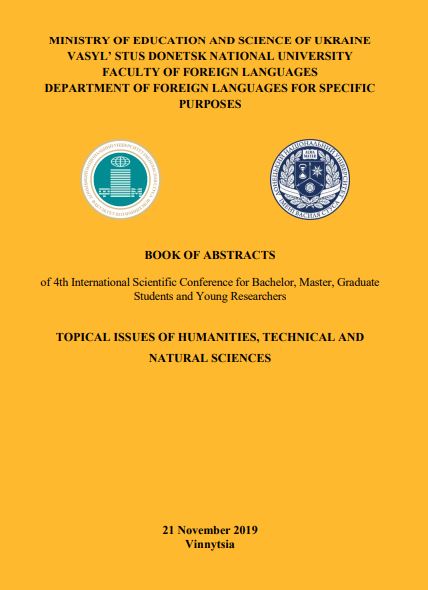Information warfare in the baltic states as Russia’s «hybrid policy» tool
Анотація
One of the main components of a hybrid or non-linear war is the information-psychological influence operations aimed at the impact on target audiences and the manipulation of consciousness, the impact on emotions. Such operations are very harmful and dangerous [1]. They need to be fought situationally, but coherently using effective and adequate measures at the same time. A striking example of this is observed in the aggressive rhetoric of the Russian Federation. Moscow often moves from hostile words to aggressive actions ‒ up to an outright lie in the form of propaganda at the state level, political and economic pressure, and sometimes even direct military aggression.
The countries of the Baltic region (Lithuania, Latvia, and Estonia) represent a unique vulnerability due to their geographical proximity to Russia and the presence of the significant part of the Russian minorities. Experts believe that Russia is using these countries as a means of influencing NATO’s ineffectiveness and in order to undermine the integrity of the EU [2]. Also, the Russian Federation is putting pressure on the governments and citizens of these countries to enable them to make certain political decisions that are beneficial to Kremlin.
Посилання
«Гібридна політика» сучасної Росії як стратегія реалізації її національної геополітики; Незалежний аналітичний центр геополітичних досліджень «Борисфен Інтел», 2015. [Електронний ресурс]. http://bintel.com.ua/uk/article/gibrid-politics/.
Inside the Kremlin House of Mirrors: how liberal democracies can counter Russian disinformation and societal interference; The Hague Centre for Strategic Studies. 2017. Retrieved from: https://hcss.nl/sites/default/files/files/reports/Inside%20the%20Kremlin%20House%20of%20Mirrors.pdf.
Kudors A. Hybrid War – A New Security Challenge for Europe; Centre for East European Policy Studies / A. Kudors. 2015. Retrieved from: https://www.academia.edu/12573225/The_War_in_Ukraine_Lessons_for_Europe.
Lucas E. Winning the Information War / E. Lucas, P. Pomeranzev. Washington: CEPA, 2016. 71 p.
Radin A. Hybrid Warfare in the Baltics Threats and Potential Responses / Andrew Radin. RAND Corporation. 2017. 58 p.
Winnerstig M. Tools of Destabilization Russian Soft Power and Non-military Influence in the Baltic States. Winnerstig, 2014. 149 p.

